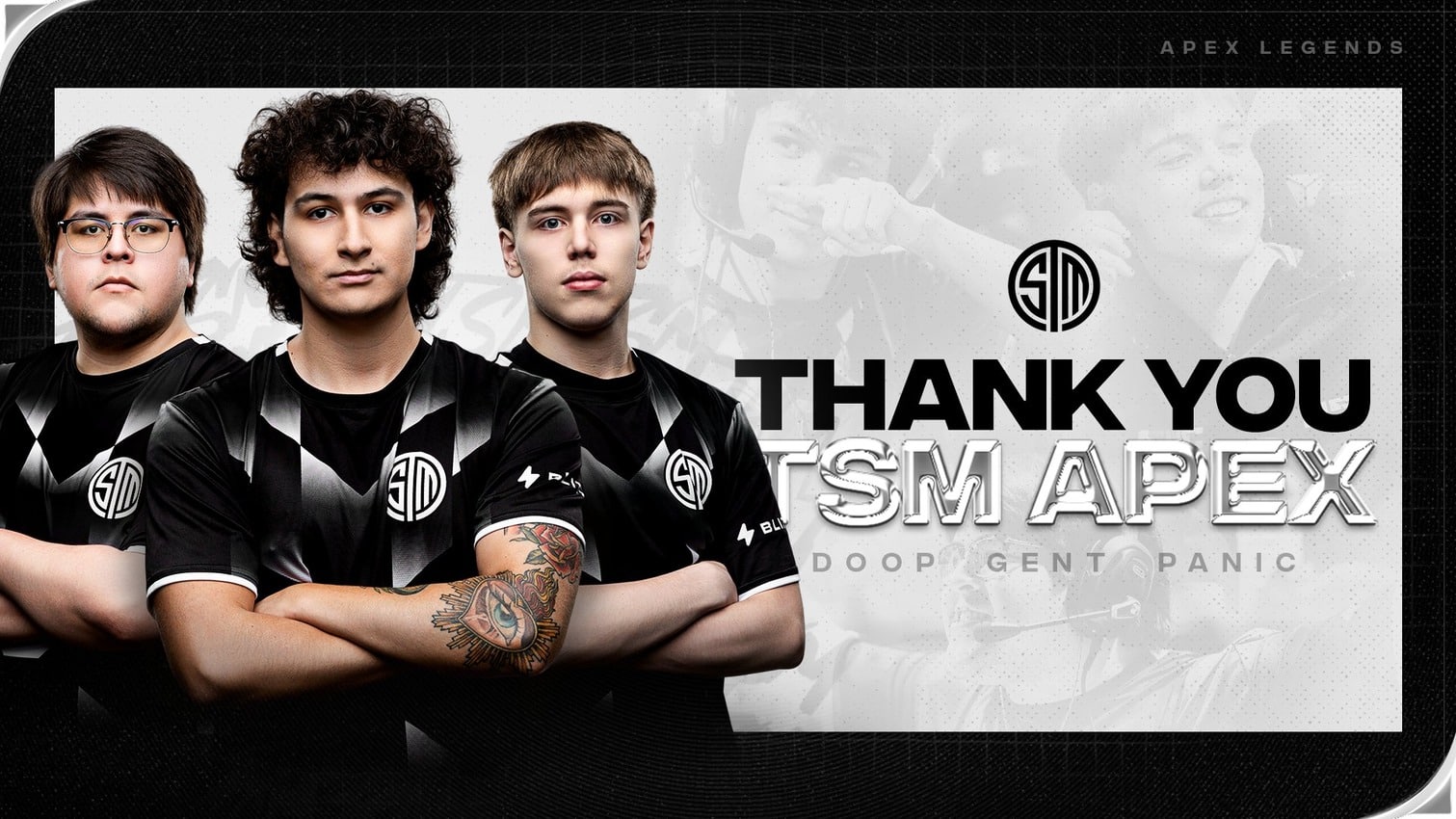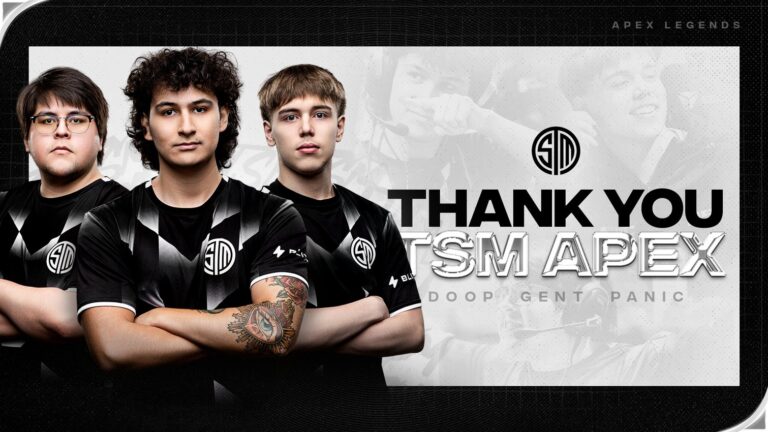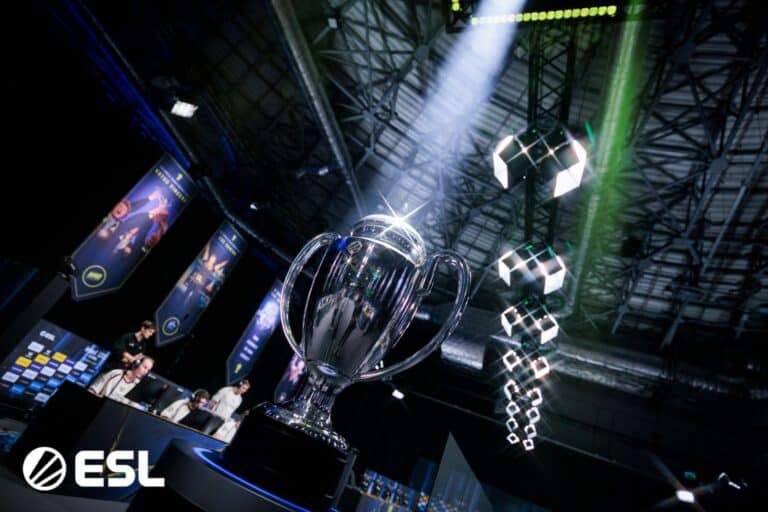6 Skills Esports Players Must Have
Hannah Marie ZT, Senior Editor
Last Updated: 28/05/2025
Ad (you must be aged 18+ to bet; please be gamble aware)
Esports has become a highly competitive industry, with thousands of players competing in the top online tournaments. Esports include games like Fortnite, Dota, League of Legends and Counter-Strike. Although the games played vary from multiplayer team games to single-person shooting games, there are essential skills that all esports players must develop to succeed.
1. Problem-solving
Gamers often have to overcome problems that require creative solutions. There’s a reason that these games are so competitive: at the top level they’re not easy to navigate. Rapid problem-solving skills are essential in esports, as the situation can quickly change based on your choices or how you tackle an obstacle. And it’s often not just one problem that needs to be solved—challenges must be addressed on the fly and several times in quick succession.
Problem-solving skills are not just important for esports and can be used in other online gaming activities. For example, if they spend their time gambling online at new casinos, they can use these skills to decide how much to bet and how much risk they’re willing to take. Only by honing their problem-solving skills will an esports player be successful.
2. Communication
Being able to communicate clearly and well in high-stress situations is key to the success of an esports player. Esports players are constantly communicating with their teammates, both during training sessions and in tournaments. Although the team will have created and practised a plan ahead of time, situations can change quickly and all team members must be able to communicate any unexpected changes in strategy or their current situation in the game, or in terms of VoD reviews and talking through feedback. Even when everything is going to plan, players must be able to communicate to ensure the strategy runs as envisioned, or to tweak things further if things aren’t working as well as they could be.
3. Teamwork
Teamwork and communication go hand in hand. Some esports players are better than this than others, who may struggle with effective teamwork, especially if they initially started out as solo gamers at home and got used to solo queue play. Joining a team for the first time can throw them into a high-stress situation where they must be able to work towards the goal of a team, and not be as selfish in their gameplay. Teamwork does not come naturally to some people, and it is a skill that can require lots of time and experience to hone. It can be tough to sit back and let another player take charge, and it can be equally as challenging to act as the leader while focusing on a strategy that will benefit your team, not just yourself.
4. Time-Management
Esports events are often fast-paced, and time management can be key to outwit opponents and beat the clock. Knowing how to effectively manage time is also crucial during training sessions, to meet the team’s obligations without letting personal responsibilities slide. Managing one’s time efficiently can be tough at first, which is why creating a schedule and setting achievable goals is so important. Coaches can of course help in this area.
5. Mental Focus
Mental resilience and focus are of course extremely important in the competitive world of esports. Tournaments can become marathons, with players having to stay engaged for long hours while making instant decisions. Being able to remain focused for the duration of an event is crucial for success. Dedicated players must ensure they get enough practice sessions that mimic live events, and remain mindful when things turn bad. It is easy to become frustrated during a losing streak, but this can result in wasteful decisions that harm the team. Players can adopt self-regulation practices, like taking a few breaths, to settle during a high-stress moment.
6. Adaptability
Esports are known to be highly unpredictable, and players must be able to quickly adapt to a changing situation. Adaptability is not just a nice-to-have skill, it is a must in a rapidly changing game. For example, in Fortnite, the terrain and loot will change, while League of Legends have constantly updated champion statistics. Like sports, each esports tournament will be totally unique, with no two esports scenarios ever being the same. Gamers must be able to quickly adapt their tactics or strategies if they want to win.
Must-Read Casino & Betting Guides
Check out our featured gaming guides to find top UK casinos, no verification sites, fast withdrawal platforms, and more.
- UK Best Online Casinos for 2026
- Best Bitcoin Casinos in 2026
- Best Bookmakers 2026
- Top No KYC Casinos UK 2026
- Non Gamstop Casino Sites
Hannah Marie ZT, Senior Editor
Hannah is a journalist specialising in the esports, gaming, and technology sectors. Working for outlets such as Dot Esports, Esports Insider, and of course ENUK, she has developed a love for wider esports, Apex Legends, and advocating for women's esports initiatives. You may have seen her at various esports and gaming events, including ALGS LANs, ESI London, EGX, and watch parties.
Stay Updated with the Latest News
Get the most important stories delivered straight to your Google News feed — timely and reliable





From breaking news and in-depth match analysis to exclusive interviews and behind-the-scenes content, we bring you the stories that shape the esports scene.
Monthly Visitors
User Satisfaction
Years experience











